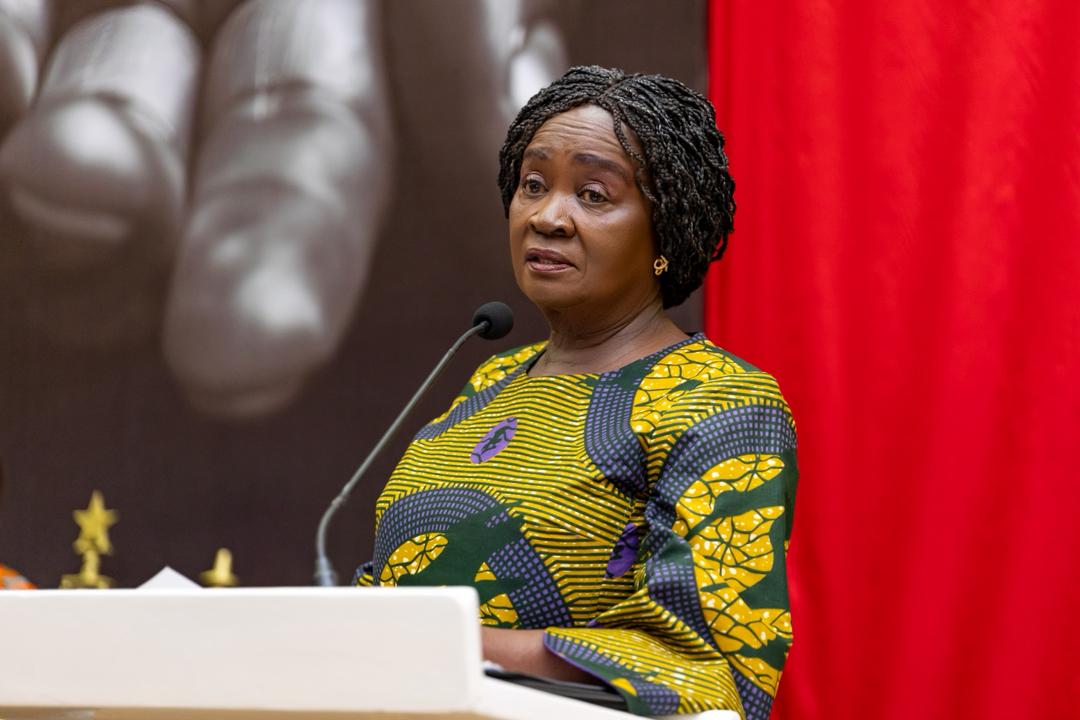
The World Trade Organisation (WTO) report has indicated that trade restrictions among the Group of 20 countries remain at historically high levels.
It comes before a G20 meeting in Japan later this week.
G20 economies implemented 20 new trade-restrictive measures between mid-October 2018 and mid-May 2019, including tariff increases, import bans and new customs procedures for exports.
The measures affected an estimated $335.9bn (£263.5bn) worth of goods - the second highest figure on record.
"This report provides further evidence that the turbulence generated by current trade tensions is continuing, with trade flows being hit by new trade restrictions on a historically high level," said WTO Director-General Roberto Azevêdo.
"These findings should be of serious concern for the whole international community. We urgently need to see leadership from the G20 to ease trade tensions and follow through on their commitment to trade and to the rules-based international trading system."
The report revealed that turbulence in global trade continued during the period. The previous period saw a record level of new restrictive measures introduced. Most of these measures remain in place and have now been added to by a series of new measures in the current period which are also of a historically high level.
In addition, several significant trade-restrictive measures are being considered for potential later implementation. This further compounds the challenges and uncertainty faced by governments, businesses and consumers in the current global economic environment.
In terms of numbers, G20 economies implemented 20 new trade-restrictive measures between mid-October 2018 and mid-May 2019, including tariff increases, import bans and new customs procedures for exports. While fewer measures were introduced during this review period than in previous periods, the scale of those measures is much increased in terms of their trade coverage and the level of tariffs imposed.
A total of 29 new measures aimed at facilitating trade, including eliminating or reducing import tariffs, export duties and eliminating or simplifying customs procedures for exports were also applied by G20 economies.
The trade coverage of the import-facilitating measures implemented during the review period is estimated at $397.2 billion, which is 1.8 times higher than in the previous G20 Report. At four new trade-facilitating measures per month, this is the lowest monthly average registered since 2012.
For the first time since the beginning of the trade monitoring exercise, the number of initiations of trade remedy investigations by G20 economies is equal to the number of trade remedy actions terminated. Initiations of anti-dumping investigations continue to be the most frequent trade remedy action, accounting for more than three-quarters of all initiations.
The WTO trade monitoring reports have been prepared by the WTO Secretariat since 2009. G20 members are: Argentina; Australia; Brazil; Canada; China; the European Union; France; Germany; India; Indonesia; Italy; Japan; the Republic of Korea; Mexico; the Russian Federation; Saudi Arabia; South Africa; Turkey; the United Kingdom; and the United States.
Read Full Story




















Facebook
Twitter
Pinterest
Instagram
Google+
YouTube
LinkedIn
RSS